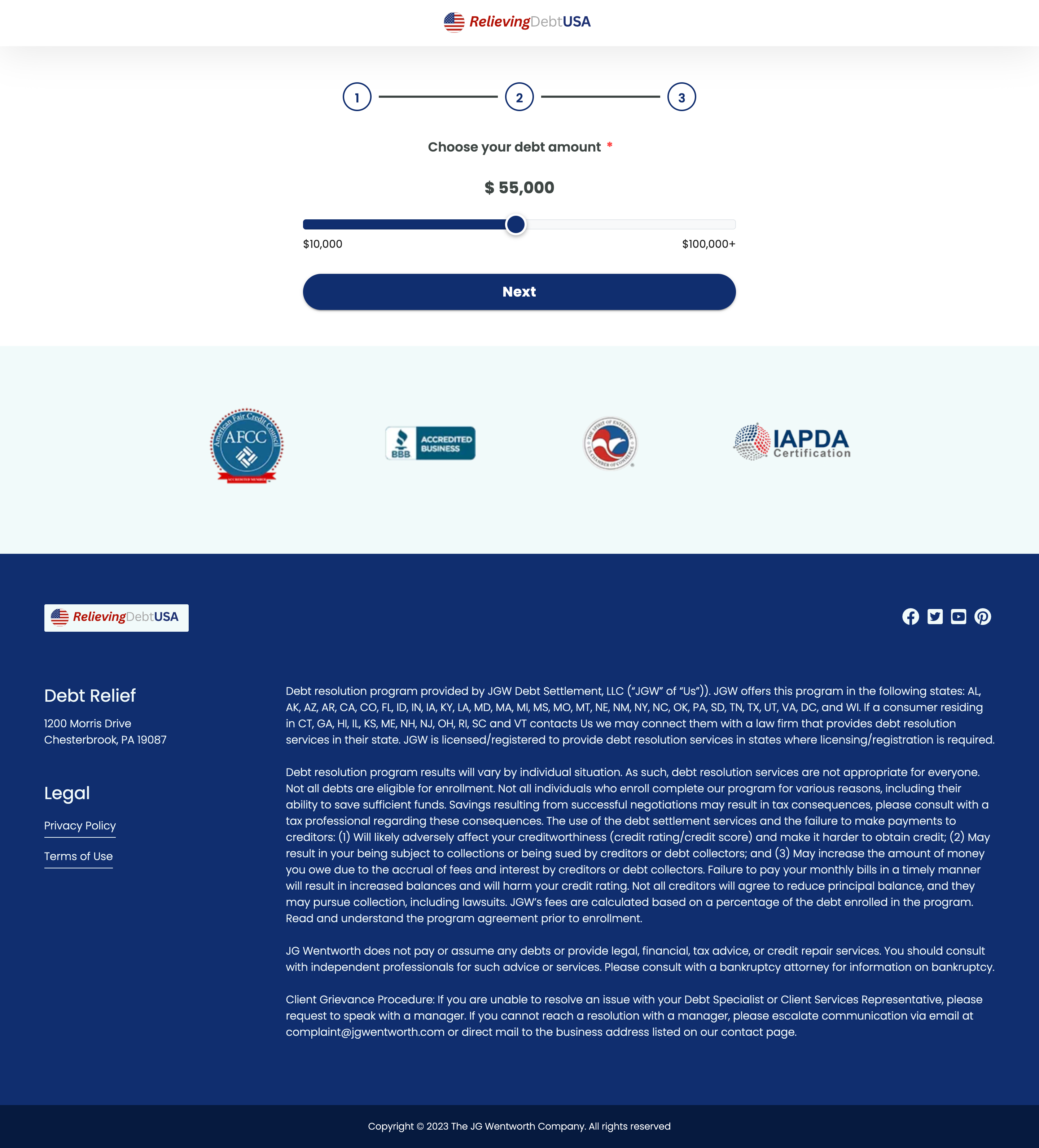Landing Page Optimization for SEO
Table of Contents
- Introduction
- Understanding the Landing Page
- Importance of SEO in Landing Pages
- Key Elements of an SEO-Optimized Landing Page
- Best Practices for Landing Page SEO
- Common Mistakes to Avoid
- Tools for Landing Page Optimization
- Conclusion
Introduction
In the digital marketing landscape, landing pages play a pivotal role in guiding users towards conversion. Whether it’s capturing leads or driving sales, optimizing landing pages for search engines can significantly impact the visibility and success of your campaign. This guide delves into the essentials of landing page optimization for SEO, offering insights, best practices, and strategies to enhance your page’s performance in search engine rankings.
Understanding the Landing Page
A landing page is a dedicated page crafted to guide visitors towards a specific action. Unlike regular website pages, landing pages are highly focused, embracing minimal distractions to maximize conversions. They can funnel traffic from various sources, including emails, ads, and social media campaigns.
Importance of SEO in Landing Pages
Search Engine Optimization (SEO) is critical for driving organic traffic to landing pages. By integrating SEO best practices, landing pages not only attract more visitors but also maintain relevance within search engine algorithms. A well-optimized landing page can reach a broader audience and achieve higher conversion rates.
Key Elements of an SEO-Optimized Landing Page
1. Compelling Headline
Your headline is the first impression visitors get. It should be clear, enticing, and include primary keywords for SEO effectiveness.
2. Meta Tags and Descriptions
Create unique, keyword-rich meta titles and descriptions for your landing page to improve click-through rates from search engine results pages (SERPs).
3. URL Structure
The URL should be clean, memorable, and include relevant keywords to enhance SEO visibility.
4. High-Quality Content
Providing valuable, well-structured content is essential. It should be informative, engaging, and include relevant keywords naturally.
5. Visuals and Multimedia
Incorporate images, videos, and infographics that complement your content. Ensure all visual elements are optimized with descriptive, keyword-rich alt tags.
6. Mobile Optimization
Ensure your landing page is mobile-friendly. Google’s mobile-first indexing means a seamless mobile experience is crucial for SEO success.
7. Fast Loading Speed
Page speed is a ranking factor. Optimize your landing page to load quickly, minimizing elements that could slow it down.
8. Call to Action (CTA)
Your landing page should have a prominent, clear CTA that directs visitors to take the desired action.
Best Practices for Landing Page SEO
1. Keyword Research
Conduct thorough keyword research to identify what terms potential visitors are searching for. Focus on both primary and secondary keywords.
2. On-page Optimization
Optimize every aspect of the landing page, from headings to images, ensuring all elements contribute to SEO without detracting from the user experience.
3. Optimize for Local SEO
If your landing page is targeting a specific geographic area, include local SEO practices such as Google My Business listings and local keywords.
4. A/B Testing
Regularly perform A/B testing to understand what elements of your landing page drive the best conversion rates.
Common Mistakes to Avoid
Some common pitfalls can compromise the effectiveness of your landing page SEO. Avoid keyword stuffing, neglecting mobile optimization, and having vague or weak CTAs.
Tools for Landing Page Optimization
Utilize tools like Google Analytics, SEMrush, and Moz to gather insights into your landing page performance. Additionally, tools like Landing Page Ripper Chrome Extension can help capture landing page HTML or save landing page assets for further analysis.
Conclusion
Optimizing landing pages for SEO is an ongoing process, but the rewards in terms of increased visibility and conversion rates are significant. By focusing on user experience, conducting thorough keyword research, and ensuring technical SEO practices are in place, marketers can create highly effective landing pages. For those looking to analyze and replicate successful landing pages, consider using a landing page ripper tool to capture valuable insights.









